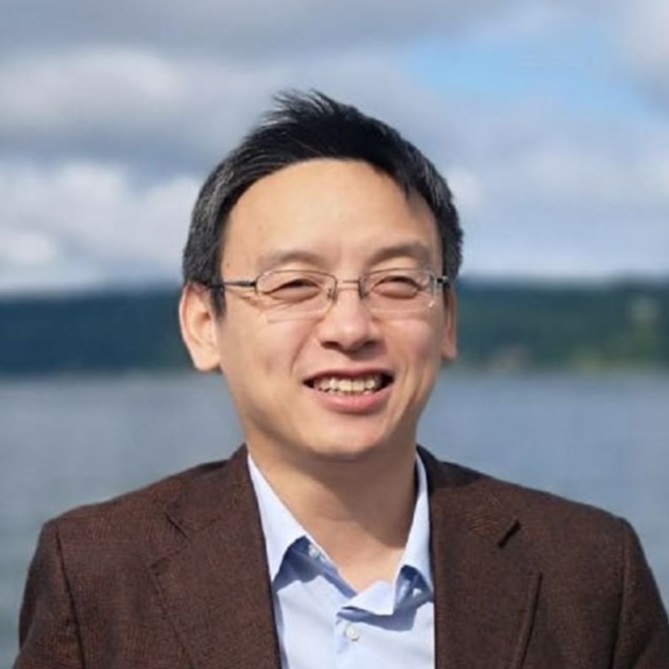Nowadays software plays a fundamental role in almost all industry domains, especially in aeronautics, astronautics and automobile. With its increasing level of maturity, software is becoming a common functional infrastructure that provides both enhanced and verified value to upper system-level applications. This trend applies to the development of even-more complicated systems, making in consequence the reliability and safety properties of software become one of the main challenges. The system becomes more dynamic, more non-linear, less decidable and involves more stakeholders during the engineering process. Therefore, it is highly demanded to find new methodologies to increase the development efficiency as well as the quality of deliverables, and accommodate a reasonable trade-off in between. In past 20 years, model-driven approaches have been applied to deal with safety-critical software development in industry. Formal methods are utilized to verify the correctness of the software design in a high-level perspective. However, seemingly that the model-driven methods are still running in parallel with traditional software development independently, and not a main stream approach. With the increasing scale and complexity of software modules in safety-critical systems, the model-driven methods are facing the challenges of higher adoption cost and huge human efforts with special expertise. In this talk, some general aspects of how to develop safety-critical applications in the aeronautic and astronautic domains will be discussed in the first place, then we will talk about how artificial intelligence can augment the modeling and formal verification methods in Mode-Driven software Development (MDD) to improve the development efficiency while guaranteeing the software quality. We also focus on the possibility of building the cloud-based software developing platform to facilitate the intelligent model-driven software development services for safety-critical software systems.

Dean, School of Software
Beihang University
Prof. Chunming Hu, Dean of School of Software at Beihang University, China, has a B.Eng (CS, 2000) and Ph.D (CS, 2006) from School of Computer Science & Engineering at Beihang University. He has been working in Beihang University as a faculty member since 2006. His main research interests include large scale distributed systems, software engineering, system virtualization and resource scheduling in cloud/big data systems. He is a Senior Member of China Computer Federation (CCF) and System Software Technical Committee at CCF. He has published over 80 academic papers in related research fields. For years, he has been collaborating closely with industry in developing resource management mechanisms and scheduling methods for internet-scale cloud datacenters to dealing with the bulk of online/offline jobs. He also works with aeronautic and astronautic industries on developing methods and tools for model-driven safety-critical software systems.